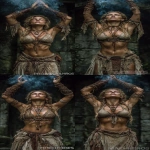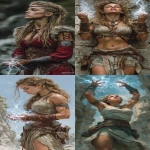Explore the Best AI Image Gallery
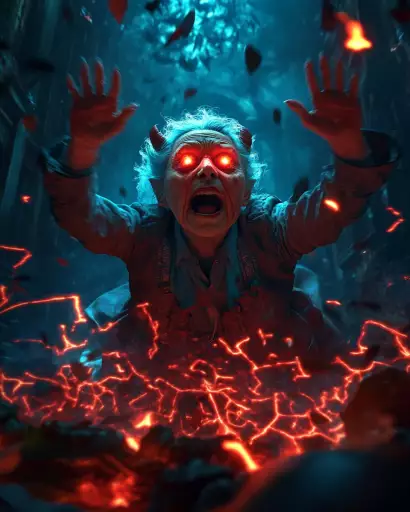
Beyond the Canvas: How AI-Powered Visual Experiences are Transforming Creativity
The realm of creativity is undergoing a profound transformation, fueled by the rise of artificial intelligence (AI) and its ability to generate captivating visual experiences. From immersive art installations to personalized design solutions, AI is reshaping how we create, consume, and interact with art and design. This blog post explores the multifaceted impact of AI-powered visual experiences on the creative industry, delving into its diverse applications, ethical considerations, and promising future trends.
AI as a Creative Collaborator
AI algorithms are increasingly being utilized as creative collaborators, augmenting the capabilities of human artists and designers.
- Generative Art: AI-powered tools can generate novel artwork based on various parameters, styles, and prompts. This opens up exciting possibilities for experimentation and exploration, enabling artists to transcend traditional artistic boundaries.
- Design Automation: AI can automate repetitive design tasks, freeing up human designers to focus on more conceptual and strategic aspects of their work. From generating logo variations to creating personalized product designs, AI streamlines the creative process.
- Interactive Experiences: AI enables the creation of immersive and interactive visual experiences that respond to user input in real time. This can range from dynamic art installations that adapt to viewer presence to personalized virtual environments tailored to individual preferences.
Ethical Considerations
As AI becomes more integrated into the creative process, it is crucial to address the ethical implications associated with its use.
- Bias and Fairness: AI algorithms are trained on massive datasets, which can inadvertently contain biases that reflect societal prejudices. It is essential to ensure that AI-generated content is fair and unbiased, promoting inclusivity and representation.
- Copyright and Ownership: The question of copyright ownership for AI-generated artwork remains a complex and evolving issue. Clear guidelines and legal frameworks are needed to address this challenge and protect the intellectual property rights of both human creators and AI systems.
- Transparency and Accountability: The decision-making processes of AI algorithms can be opaque, making it difficult to understand how AI-generated content is created. Promoting transparency in AI development and ensuring accountability for AI-driven outcomes are essential for building trust and responsible innovation.
Future Trends
The field of AI-powered visual experiences is rapidly evolving, with numerous exciting trends on the horizon:
- Personalized Art Experiences: AI will enable the creation of highly personalized art experiences tailored to individual tastes and preferences. Imagine generating artwork that reflects your mood, personality, or even dreams.
- Augmented Reality (AR) and Virtual Reality (VR): AI will enhance AR and VR experiences by creating more realistic and interactive environments. From immersive museum tours to virtual fashion shows, AI will revolutionize how we engage with digital content.
- AI-Driven Storytelling: AI can assist in crafting compelling narratives by generating characters, plots, and dialogue. This opens up new possibilities for storytelling across various mediums, including film, animation, and interactive fiction.
As AI continues to advance, its impact on the creative industry will only intensify. Embracing these transformative technologies while addressing the ethical considerations involved will be crucial for fostering a future where creativity flourishes in unprecedented ways.
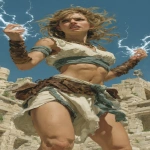
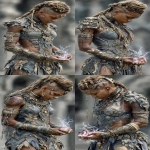
](https://images.ai-img.art/thumbnails/150/00df9b84a8818b4130bce9ca10c0c67ff2bc8952ca0fb5012dafc9b1c6378e67.webp)
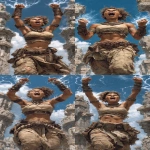
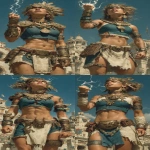
](https://images.ai-img.art/thumbnails/150/8aa2589b60ffe3dde30a265a6cac8d4ae71901c658ca48c4344f21436de413fb.webp)

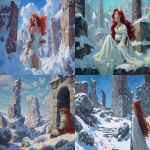
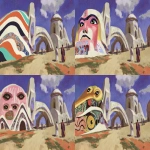

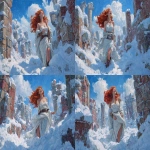

](https://images.ai-img.art/thumbnails/150/bc5b40f43007c984885fc5b035e0fd81d75554a8730895e067565a6b7050524b.webp)
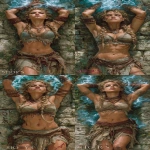
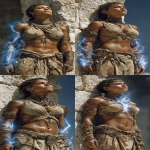




](https://images.ai-img.art/thumbnails/150/39c6bd41a1282b304a06fb11053bd009750b3879060719b1adb959228dbcd41a.webp)

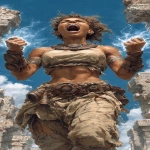
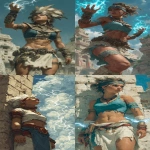


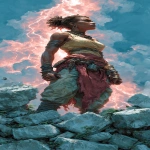


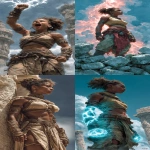
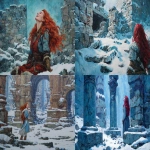
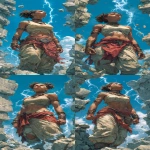





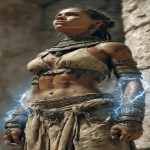
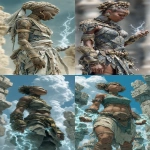
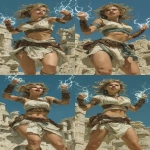
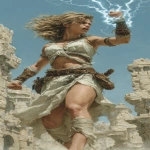

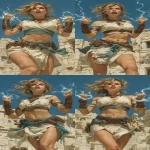

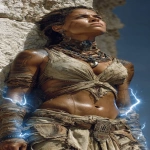

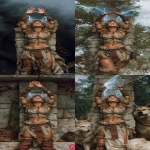
](https://images.ai-img.art/thumbnails/150/33a7122c923d87ba243a3afa0b16a930f1603be27b8ac938ff7f4ae4f5140553.webp)

